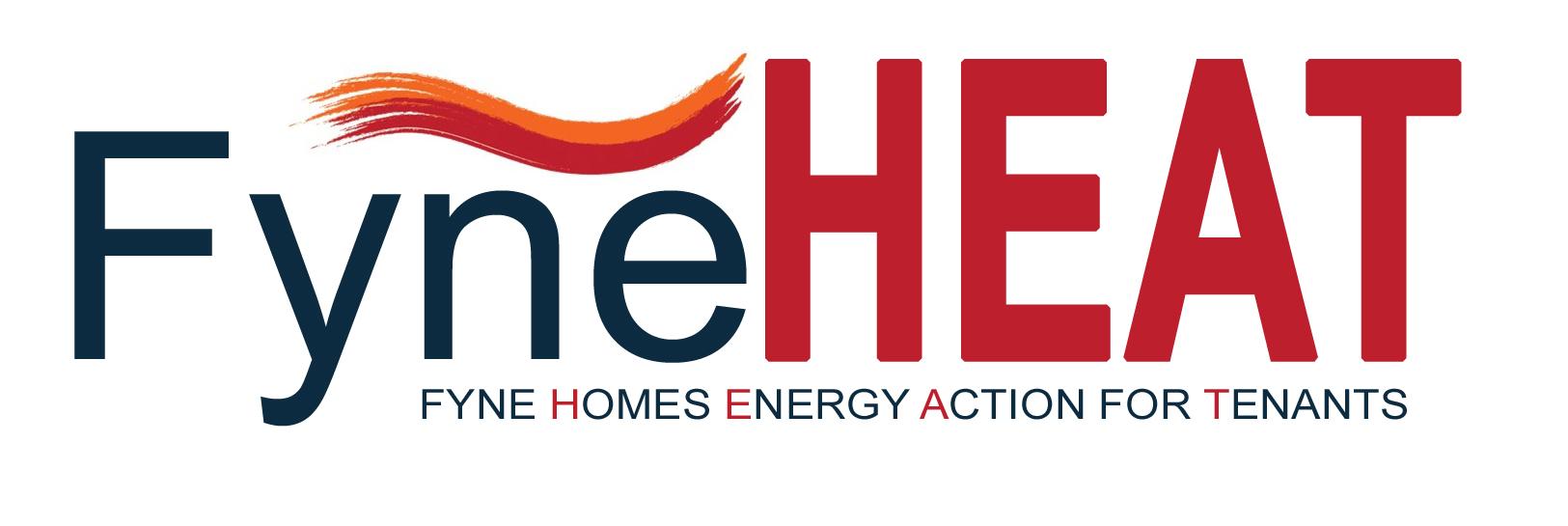Here are your need-to-knows about how energy direct debits work.
What you pay isn't necessarily the same as the cost - It's important to be clear that the price you're charged and the amount you pay every month aren't the same thing. The price of the energy - Energy costs are set by suppliers. They are a combination of a daily standing charge plus an additional amount based on energy used, measured in kilowatt hours (kWh).
What you pay - With a monthly direct debit, the company estimates your annual usage and spreads it over 12 months. In summer, you'll usually build up credit as you use less, but you'll likely need this surplus for wintertime.
While increases to direct debit payments are, unfortunately, expected right now, it's important to check your increase is proportionate to any cost increase or decrease! If you're in credit and your direct debit is rising way above the price cap, there's an issue.
Huge Increase? – Overpaying?
Paying by direct debit (DD) can cut bills by more than £100 a year, yet suppliers base DD on an ESTIMATE of your usage. If the estimate is wrong, you can end up overpaying so make sure yours is fair.
Make Sure it’s Fair
- Always do a meter reading - don't let them rely on their estimates: that's just an excuse for them to set high direct debits. Keep it as accurate as possible by giving regular meter readings to your supplier – once every 1, 2 or 3 months.
- You can usually give readings online, or by calling an automated answer system – or sometimes you can even speak to an actual person!
- If you're heavily in credit ask for your money back (if you need it)
- If you're heavily and disproportionately in credit, then before asking your supplier to lower the direct debit try to get a chunk of the amount you've overpaid back. With at least 2 more price increases forecast in the coming months, if you can, you may want to leave some or all of your credit to balance the winter price hikes.
According to Ofgem, suppliers must refund accumulated credit when requested and many issue refunds automatically on the anniversary of when you signed up to their tariff.
Contact your energy provider to ask for a lower direct debit
You have the right to ask for an explanation of why your direct debit is set at a certain level, so call up and do it. If you're always in credit and it isn't just seasonal, politely request the direct debit be lowered to reflect your ACTUAL annual usage and meter readings.
Remember that electricity and gas companies rightly should err very slightly on the side of overpayment rather than underpayment, as otherwise you could get a shock at the end of the year with a big catch-up bill.
TOP TIP! Calculate your own monthly usage bill. Make a note of the meter readings on the same date each month. Subtract the last month from this month to get the number of kWh you’ve used. Find the rate per kWh on your bill, multiply it by what you’ve used, you then know how much you are using and how much you should be paying.
How to complain about your energy provider
The energy industry isn't known for having great customer service across the board, and while a provider may be good for some, it can be hell for others. Common problems include incorrect bills, switching issues, direct debits being too high, refund delays and extended waiting times to even speak to them. It's always worth trying to call your provider to sort the issue first if the company doesn't play ball, you can escalate your complaint and report them to the Energy Ombudsman.
TOP TIP! In some cases it is easier (and quicker) to contact your supplier through their website using “Online Chat” if they provide this service.

